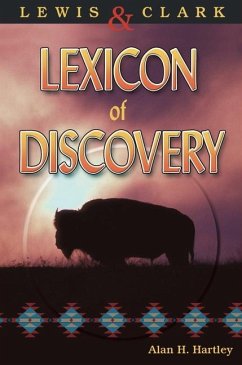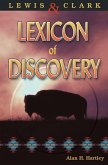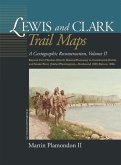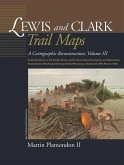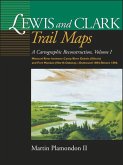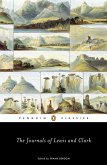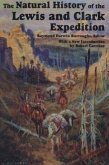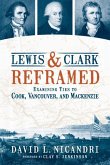What is a cataplasm, and what do you do with one? Would you be insulted if someone called you "argillaceous?" Would you want someone to give you a clyster? Would you eat wappato? What does it mean when a canoe flacks? These are all words that were familiar to Meriwether Lewis, William Clark, and their companions, and were penned in their journals, but are less commonly used and understood today. In addition, the lexicon explains words for which the definitions have now changed. For example, the word "mere" used to mean "absolute, downright." Accordingly, in 1768, George Washington wrote in his diary that "it blew a mere Hurricane." Meriwether Lewis followed the same connotation when he recorded, "a violent storm arrose...the rain fell in a mere torrent." Yet in modern language, the sense of the word has evolved from "nothing less than," to "nothing more than." The lexicon also includes many words that were adopted from the French and Native American languages. "The journals are a fascinating record of American English at the time of the greatest expansion in U.S. history," states author Alan H. Hartley. He currently works as an independent lexicographer, editor, and researcher, and has contributed to the Oxford English Dictionary, New Oxford American Dictionary, and the Oxford American College Dictionary. Hartley spent more than five years researching the history, people, and physical world of the expedition, hoping to help modern readers better understand the language of the time and appreciate its sounds as well. His special emphasis on pronunciation will be especially valuable to historical reenactors. The volume features over 1,100 entries and more than 2,000 illustrativequotations, as well as considerable background material on the English (and other languages) of the expedition. A typical entry in includes the headword, pronunciation, definition, cross reference, and the related journal quotation along with date, author, and citation information. T
Two hundred years have passed since the Corps of Discovery set out to explore uncharted territory. Many words penned by expedition members in their journals--argillaceous, clyster, and wapato, to name a few--are not commonly spoken, written, or understood today. This new reference volume takes readers on a fascinating voyage through the meanings, use, and metamorphosis of those now peculiar terms.
Two hundred years have passed since the Corps of Discovery set out to explore uncharted territory. Many words penned by expedition members in their journals--argillaceous, clyster, and wapato, to name a few--are not commonly spoken, written, or understood today. This new reference volume takes readers on a fascinating voyage through the meanings, use, and metamorphosis of those now peculiar terms.

